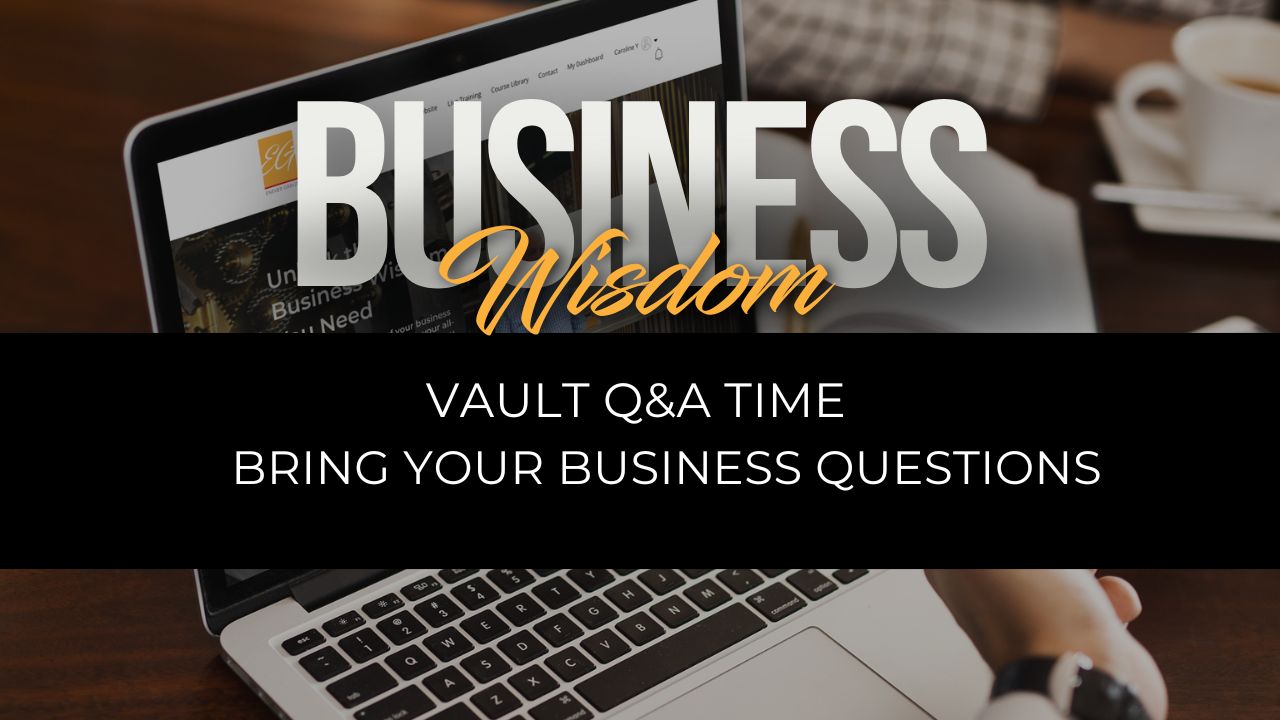Being in business comes with a wealth of expectations. There’s the expectations of your customers, the expectations of your staff, and your own expectations as to what your business will achieve financially and personally.
But the big question is how do you effectively manage those expectations? Because dealing with expectations can be overwhelming, but also provides an opportunity.
Knowing what you and others expect of your business allows you to set benchmarks, goals, key performance indicators, and standards.
Understanding Expectations and their Impact on Stress
Managing expectations is more than a leadership skill; it’s a fundamental aspect of reducing stress and enhancing communication.
When expectations are misunderstood or misaligned, it often leads to stress, which can interfere with relationships and workplace efficiency.
Clear communication is the key here. It’s essential to ensure that the communicated expectation is fully understood by the recipient.
The idea that people will rise to meet the expectations set for them is true, but only if those expectations are communicated clearly and realistically.
The Importance of Clear Communication
Establishing expectations starts with transparent communication. Miscommunication can lead to misalignment in understanding and expectations.
Taking the time to plan and articulate expectations clearly can significantly enhance the chances of achieving desired outcomes.
As the old adage goes, ‘10 minutes planning will save two hours in the doing’ and this concept is proven time and again in various industries and tasks.
When repeated tasks are approached with proper planning, the time saved cumulatively can be substantial.
Personal vs. Professional Expectations
Setting reasonable expectations extends to self-evaluation as well.
If you’re aiming for a goal, ensuring the target is something you’ve achieved previously, or is within reach, can help prevent undue stress.
Unrealistic expectations, on the other hand, can be detrimental.
Business leaders need to scrutinise their goals, ensuring that they are achievable and aligned with their previous accomplishments.
This extends beyond the business environment into all facets of life, reflecting a universal principle of effective expectation management.
Case Study: Business Environment Expectations
Imagine the following: Over the weekend, a busy business outlet faced a minor disruption when an employee, who was slightly overdue for their break, prioritised watching the clock over customer service.
While it’s important for employees to get their breaks on time, customer service should not suffer as a result.
This simple example highlights the need for businesses to set clear priorities and expectations. When employees understand these expectations, they are more likely to manage their time and responsibilities effectively, ensuring better service and smoother operations.
Setting Standards and Leading by Example
A fundamental aspect of managing expectations is the standards set by the leader.
The standards established in a business context can significantly influence the overall performance.
Leaders who set high standards and embody those standards through their actions often see their team members follow suit.
This principle of “leading by doing” ensures that expectations are not only set but also demonstrated, fostering an environment where team members are motivated to meet and exceed those standards.
When did you last examine your business expectations?
Every business operator should regularly examine how well their business expectations align with their current reality and also their future goals.
Aligning your expectations with realistic and achievable standards is crucial for success. This planning and reflection help in setting a clear roadmap for the future, ensuring your business ambitions are achievable, attainable and include goals that are understood and shared by your entire team.
The final word
Managing expectations effectively requires clear communication, realistic goal-setting, and leading by example. And now is as good a time as any to evaluate your expectations and set new standards and goals for the future.
By focusing on these principles, business leaders can foster a more productive and stress-free environment, leading to personal and professional success.









